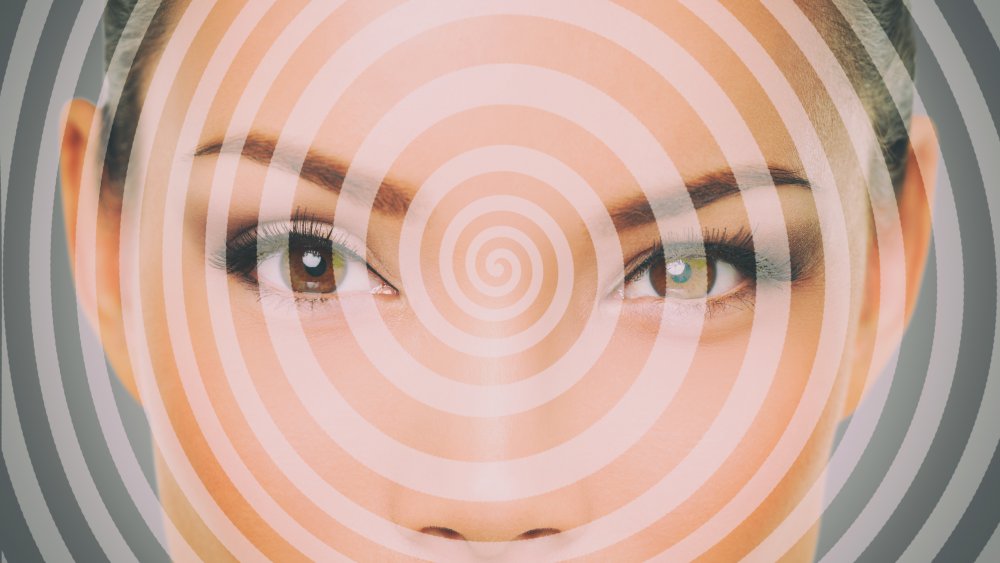What Does Hypnosis Really Feel Like?
In the 1950s, heroic cowboy TV characters had special firearms. The Lone Ranger shot silver bullets. Impossible spy devices in the 1960s. By the '80s everybody had magic lock picks — insert slim object into lock, wiggle for two seconds (to build suspense), and voilà. Of course it worked that way. It was on TV, wasn't it?
Back in the 1930s, the deus ex machina du jour was hypnotism. Mandrake the Magician could wiggle his comic-strip fingers and make people see ... stuff. The Shadow on radio and, later, pulp magazines, used mystic hypnotic techniques learned in the Far East to "cloud men's minds" and make himself — well, not invisible, but unseeable. (Interesting distinction. And if he fell in the forest, would he make a sound?) Plausible, right? Equally plausible is the trope that finds the trained hypnotherapist waving a watch, chanting "you're getting very sleepy," and bam! the subject is out, in a way, and remembering all kinds of information, in a way, that helps the good guys put the bad guys, well, away. Need we point out that it doesn't really work that way?
Hypnotherapy is sometimes successful in addiction treatment
Hypnosis, as Psychology Today tells us, "is a mental state of highly focused concentration, diminished peripheral awareness, and heightened suggestibility." Sometimes referred to as hypnotherapy, or hypnotic suggestion, the technique is sometimes used by therapists for behavioral change, as a relaxation technique, or even to diminish pain. Contrary to popular belief, someone who's under hypnosis usually remembers exactly what went on during the session. The Mayo Clinic points out that people experiencing hypnotherapy "remain in control" of their actions and behaviors. Like most of life, your experiences may vary; Very Well Mind points out that "it is never exactly the same from one person to another." And, in fact — again, Psychology Today — about 25 percent of the population can't be hypnotized, especially individuals who are skeptical of the process from the get-go.
Important to the process is the acceptance of the technique. Repetitive, calming sound, coupled with focus on a visual object, create sharp concentration, leading to a sense of relaxation and calm for the subject. Some people experience a sense of detachment, almost as though they were third-person observers of their own experience. If the hypnotic state can be achieved, the resulting openness to suggestion makes hypnosis helpful in the treatment of some addiction behaviors. For that to work, like hypnosis itself, you have to want it.

